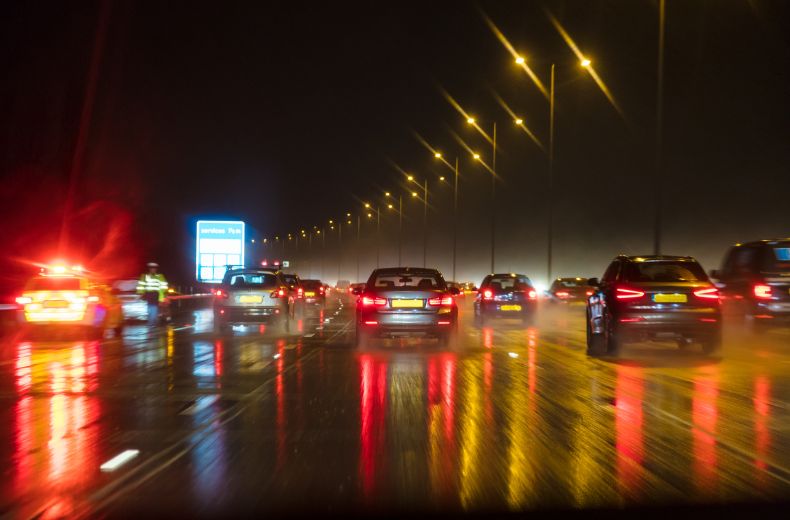With the clocks having just gone back, IAM RoadSmart say that a permanent daylight-saving system would save 80 lives a year and bring an extra £160m into the economy.
During November and December last year, pedestrian and cyclist deaths rose by 344 compared to the two months before the clock change.
Data also shows that casualty rates rise between 3pm and 7pm as the days shorten.
Neil Greig, policy and research director at IAM RoadSmart, said: “Stopping the change of clocks would be easy to implement and, without question, would save lives.”
“The UK should at least set up a two-year trial to prove the benefits once and for all.”

Cheaper than AA or we’ll beat by 20%^
• Roadside cover from £5.49 a month*
• We get to most breakdowns in 60 mins or less
• Our patrols fix 4/5 breakdowns on the spot
*At least 10% of new customers pay this for single-vehicle Roadside (Basic). ^Find the same cover cheaper on theaa.com within 7 days & we'll beat it by 20%. T&Cs here.

Research from the RAC Foundation suggests that collisions increase by 19% during the fortnight after putting the clocks back one hour, and reduce by 11% when the clocks go forward, back to Greenwich Mean Time (GMT).
The Royal Society for Prevention of Accidents (RoSPA) has also campaigned to keep British Summer Time (BST) throughout the year.
It argues: “Although we have more light in the mornings, this occurs when many of us are either still in bed, or indoors getting ready for work or school. That means that we have less usable daylight in the evenings to do the things we enjoy in the outdoors or in social environments.”1
Stopping the clock change could also benefit our mental health. RoSPA believes: “It would also help to tackle the loneliness and depression that many are feeling due to lockdown and other restrictions, as there will be more daylight during waking hours, thus helping us to socialise – in line with current coronavirus measures – more easily.”
- The 10 biggest winter driving myths
- Driving in the dark – tips on how to stay safe
- 10 signs your car isn't ready for winter
After putting the clocks forward in March 1968, the UK government decided not to put the clocks back until October 1971. Some 2,700 fewer people were killed or seriously injured during the first two years of the experiment.2
According to a YouGov survey, 59% of people would prefer British Summer Time all year round, with two in five actively wanting the clock change permanently scrapped.
Are you surprised by these figures? Let us know what you think about the reported dangers of changing the clocks in the comments below.
Get 30 driving tips that will save you money
Running a car isn’t cheap, but there are some easy things you can do to keep your costs down. Get these tips and more useful driving articles sent straight to your inbox now.















